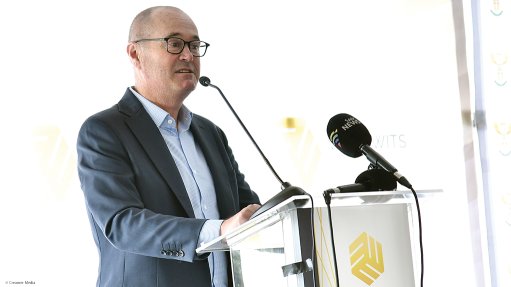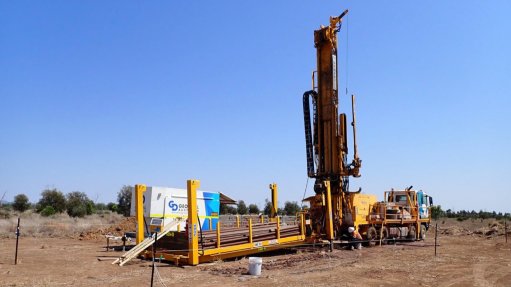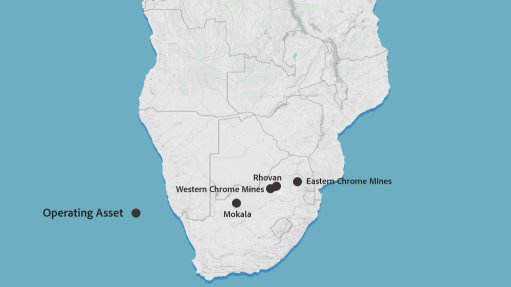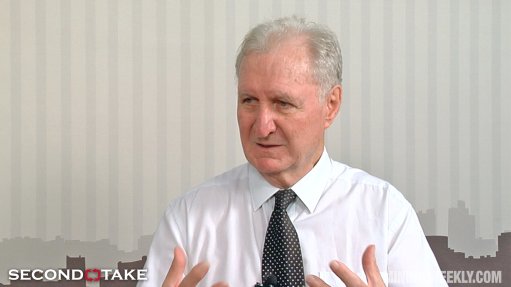Cape Town mulls rolling out congestion charging, high-occupancy vehicle lanes
The City of Cape Town (CoCT) is mulling several measures to ease growing traffic congestion, including high-occupancy lanes and congestion charging.
This means that, in future, car users may pay to enter high-traffic areas during peak hours, and some lanes may be reserved for vehicles with multiple occupants, buses and minibus taxis.
These measures form part of a new draft travel demand management (TDM) strategy released in October, with implementation dependent on the improvement of public transport services.
More people are living in the city, and more are choosing to travel by private car, states the strategy.
“This has led to long travel times, severe congestion and growing costs for commuters and the economy. Public transport is still mostly road-based and overcrowded, while the rail service is only slowly recovering.”
“The city’s TDM strategy has three broad goals, namely to encourage people to avoid travelling in their private vehicles and to shift to public transport services, especially during peak periods; to walk or cycle where possible and practical; and to reduce the need for travelling by working remotely,” explains CoCT Urban Mobility MMC Rob Quintas.
“Thus, over time, we want to make public transport the mode of choice and reduce people’s reliance on private vehicles.”
While Covid-19 has seen an increase in people working from home, this has not necessarily resulted in long-term changes in traffic volumes.
The implosion of passenger rail has also led to an increase in road-based transport use and traffic congestion since 2013, despite improvements over the last two years.
Another challenge is that Cape Town’s spatial form aids congestion as the majority of commuters travel long distances.
It is highly unlikely that Cape Town will build more roads to address congestion, Quintas says, noting that added capacity only encourages private vehicle use and more congestion.
“Thus, providing more efficient and alternative means of travel is critical in managing demand and the needs of our growing population.”
The TDM strategy proposes voluntary, institutional and regulatory measures, and infrastructure improvements prioritising public transport.
The strategy promotes public transport by improving reliability, affordability as well as integration between different modes; promoting higher vehicle occupancy through lift-clubs; and promoting the creation of higher-density neighbourhoods and mixed-use nodes near public transport interchanges and along main transport routes.
It also encourages walking and cycling by providing safe and inclusive infrastructure, such as pedestrian zones, cycle lanes and improved street connectivity, while also encouraging employers to promote flexible working and digitalisation to reduce the need for commuting.
Park-and-ride facilities should also be improved, while parking supply and pricing should be managed – restricted and increased, respectively – to encourage a shift away from private vehicle use.
Cape Town’s Urban Mobility Directorate says its revised TDM strategy is open for comment until November 13.
Once the revisions to the strategy have been approved, the Urban Mobility Directorate will develop a detailed implementation plan with more information about the phasing and timeline of the strategy.
The TDM strategy has a planning horizon up to 2050.
Article Enquiry
Email Article
Save Article
Feedback
To advertise email advertising@creamermedia.co.za or click here
Announcements
What's On
Subscribe to improve your user experience...
Option 1 (equivalent of R125 a month):
Receive a weekly copy of Creamer Media's Engineering News & Mining Weekly magazine
(print copy for those in South Africa and e-magazine for those outside of South Africa)
Receive daily email newsletters
Access to full search results
Access archive of magazine back copies
Access to Projects in Progress
Access to ONE Research Report of your choice in PDF format
Option 2 (equivalent of R375 a month):
All benefits from Option 1
PLUS
Access to Creamer Media's Research Channel Africa for ALL Research Reports, in PDF format, on various industrial and mining sectors
including Electricity; Water; Energy Transition; Hydrogen; Roads, Rail and Ports; Coal; Gold; Platinum; Battery Metals; etc.
Already a subscriber?
Forgotten your password?
Receive weekly copy of Creamer Media's Engineering News & Mining Weekly magazine (print copy for those in South Africa and e-magazine for those outside of South Africa)
➕
Recieve daily email newsletters
➕
Access to full search results
➕
Access archive of magazine back copies
➕
Access to Projects in Progress
➕
Access to ONE Research Report of your choice in PDF format
RESEARCH CHANNEL AFRICA
R4500 (equivalent of R375 a month)
SUBSCRIBEAll benefits from Option 1
➕
Access to Creamer Media's Research Channel Africa for ALL Research Reports on various industrial and mining sectors, in PDF format, including on:
Electricity
➕
Water
➕
Energy Transition
➕
Hydrogen
➕
Roads, Rail and Ports
➕
Coal
➕
Gold
➕
Platinum
➕
Battery Metals
➕
etc.
Receive all benefits from Option 1 or Option 2 delivered to numerous people at your company
➕
Multiple User names and Passwords for simultaneous log-ins
➕
Intranet integration access to all in your organisation


















